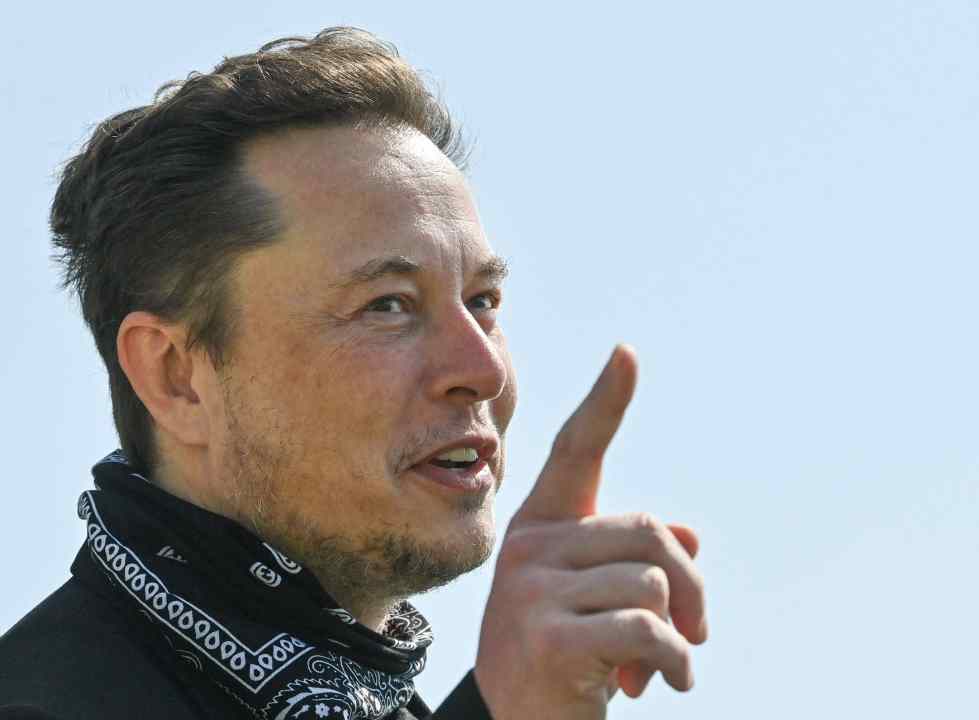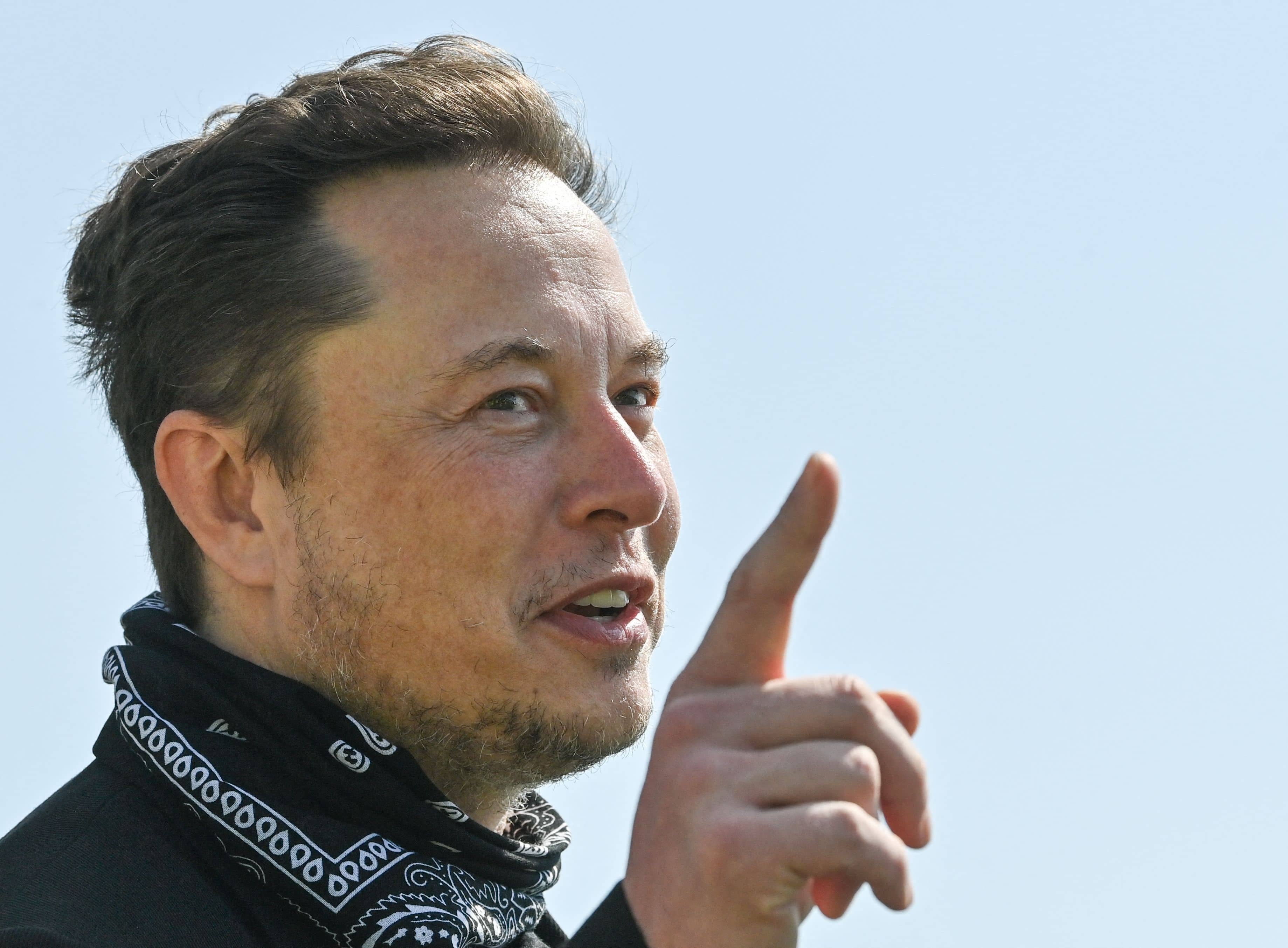Tesla’s sleek, if expensive, electric cars are leading the battle against climate change. Its batteries are moving renewable energy into the mainstream, while its founder Elon Musk, the world’s richest man, likes to present himself as a free-thinking radical. It is hard to think of a company more right on than Tesla — well, okay, perhaps Unilever — or one that depends more on its politically correct credentials. But hold on. There turns out to be one opposed minority that Tesla couldn’t care less about: China’s Uighurs.
Most of the corporate world will sooner or later have to make a tough decision: do they care about human rights?
The company has landed itself in hot water with its decision to open a showroom in Urumqi, a city in the heart of Xinjiang over Christmas. In itself that might not matter very much. The company has hundreds of showrooms across the world. It even has a few in — deep breath — Israel. The trouble is, Xinjiang is home to the Uighurs, a people against whom the Chinese government has been accused of brutally oppressing, in the eyes of many amounting to genocide. ‘Nationless corporations are helping the Chinese Communist party cover up genocide and slave labour in the region’, commented the Republican senator Marco Rubio. ‘Any company doing business in Xinjiang is complicit in the cultural genocide taking place there’, argued Scott Paul, the president of the Alliance of American Manufacturing industry, ‘but Tesla’s actions are especially despicable.’
Most of the corporate world will sooner or later have to make a tough decision: do they care about human rights? Or do they simply care about appeasing the Chinese government, preserving their access to the world’s biggest market, and keeping the yuan flowing?
Right now, it looks as if Beijing is winning. Tesla may have reported record results in the latest quarter, and its shares are soaring on the back of bumper sales, but most of that can be attributed to rising production at its Shanghai factory. The same is true of many other companies. Apple, which just passed the $3 trillion market value barrier, earns 17 per cent of its revenues in China. Intel, the chip manufacturer, gets more than 25 per cent. Volkswagen earns an estimated third of its profits from the country, Airbus makes 17 per cent of its deliveries there: the list goes on and on.
For every major multinational, China is a crucial market. And yet, as the Chinese regime continues to persecute the Uyghurs, the world’s major companies won’t be able to pretend that nothing is happening for much longer — or, at least, they won’t be able to whilst also pretending to be environmentally aware, diverse, and bothered by anything other than making as much money as possible.







Comments